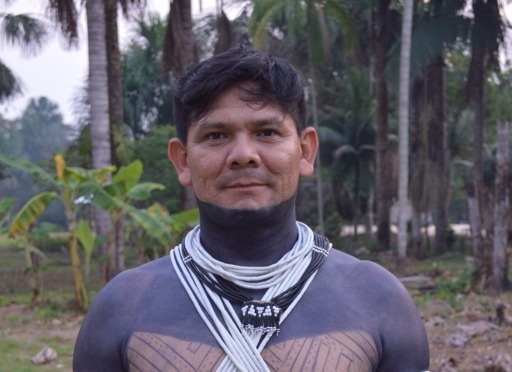SÃO PAULO — The Brazilian government has fallen short of its promise to include Indigenous peoples in the decision-making process at the upcoming COP30 climate summit it’s hosting in the Amazonian city of Belém, according to prominent Indigenous leader Beto Marubo. “The spaces that were created for Indigenous participation … these are bodies that do not make decisions. They only contribute information,” Marubo told Mongabay’s Karla Mendes at the Brazilian Association of Investigative Journalism conference in São Paulo on June 12. “I would like us to be at the decision-making table.” Brazil is set to host the U.N. climate summit in November 2025. Measures such as the introduction of a People’s Circle, led by Brazil’s minister of Indigenous peoples, Sonia Guajajara, and the presence of Brazil’s Indigenous Committee on Climate Change, have created greater engagement with Indigenous communities. But Indigenous representation still falls short, Marubo said. Beto Marubo is a leader of the Marubo people from the Vale do Javari region in the Brazilian Amazon. At a climate meeting in Bonn, Germany, in June that served as a run-up to COP30, he said Indigenous leaders were able to optimize their role by adding criteria for accountability and monitoring of decisions in advance of the main summit in November. But Brazil, he said, remains full of contradictions, as the country tries to position itself as a leader on climate while at the same time weakening laws that protect the environment. “It’s a sad situation. It feels like every week they are…This article was originally published on Mongabay
From Conservation news via this RSS feed


